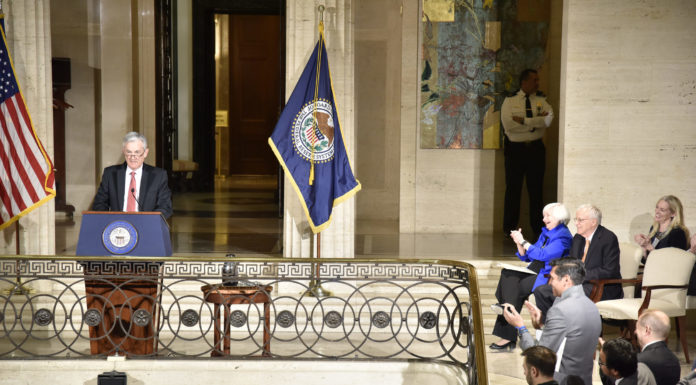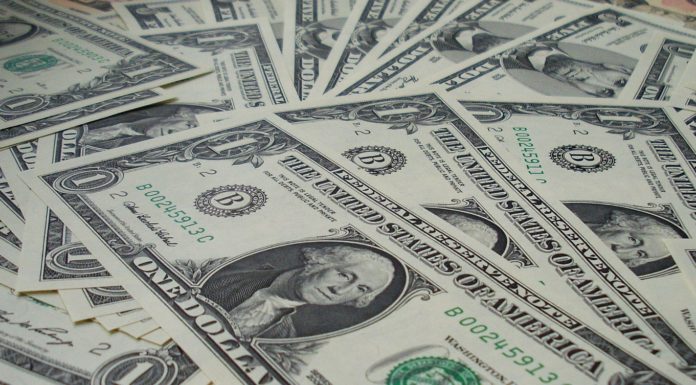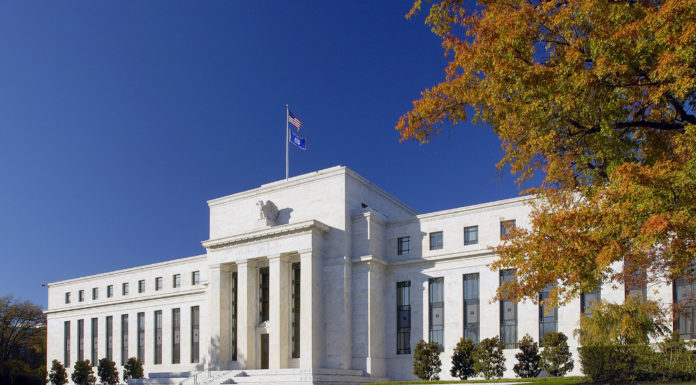Home 2018
Yearly Archives: 2018
Why Does Credit Growth Crowd Out Real Economic Growth?
The faster the credit growth, the worse it is for real growth (output per worker). This is what Stephen G. Cecchetti and Enisse Kharroubi want to explain in their NBER working paper "Why Does Credit Growth Crowd Out Real Economic Growth?"
Media Sentiment and International Asset Prices
A new working paper from the IMF which tries to assess the impact of media sentiment on equity markets.
The sovereign-bank “doom loop”
Since the Euro crisis, investors and policymakers are well aware of the so-called "doom loop" between the banking system and the sovereign. That is, a crisis originating in the banking system (sovereign) will weaken the sovereign (banking system), which in turn will worsen the banking (sovereign) crisis itself.
In a recent ECB discussion Paper "Managing the sovereign-bank nexus", the 7 economists - Giovanni Dell’Ariccia, Caio Ferreira, Nigel Jenkinson, Luc Laeven, Alberto Martin, Camelia Minoiu, and Alexander Popov - coauthored the paper suggested that the banks and sovereigns are linked by three interacting channels:
The Missing Profits of Nations and Multinationals’ Extreme Profitability in Tax Havens
The economics of tax evasion is a growing field in academic economics. There are much new exciting research trying to understand the mechanism behind global tax evasion. "The Missing Profits of Nations” by Thomas R. Tørsløv, Ludvig S. Wier and Gabriel Zucman is one of the most noteworthy research on the dynamic behind global tax evasions.
Hysteresis – An Underrated Macroeconomics Question
Hysteresis is referred to the hypothesis that recessions may have permanent effects on the level of output relative to trend.
The Fed’s Interest Rate Policy Regime – Corridor System or Floor System
The Fed has changed it interest rate policy regime since 2008, from the so-called Corridor system, to the Floor system it is using right now. What is the different?
CoCo issuance and bank fragility
A series of papers by Stefan Avdjiev, Bilyana Bogdanova, Patrick Bolton, Wei Jiang, and Anastasia Kartasheva on this topic is highly recommended.
A skeptical review of the QEs – why they might not be powerful as some thought?
In their working paper "A Skeptical View of the Impact of the Fed's Balance Sheet," economists David Greenlaw, James D. Hamilton, Ethan Harris, and Kenneth D. West challenge some earlier studies that concluded QEs have a significant economic impact. Their major argument is that those research used simple event studies to quantify the impact of QE.
QE: A User’s Guide | #FurtherDiscussed
In a recent policy research, Joseph Gagnon of Peterson Institute for International Economics and Brian Sack of D.E. Shaw Group asked an important question: when the Federal Reserve implement QE in the next crisis, should they use it somewhat differently?
BIS’s latest hunt for Zombie (firms)
In the latest BIS Quarterly Review, researchers Ryan Banerjee and Boris Hofmann consolidated some of the earlier research to illustrate the problem of zombie firms. They argued that the rise of zombies predated the 2008 financial crisis, and has since been dragging down the productivity of the real economy.
Latest
Featured
-- Advertisement --

















